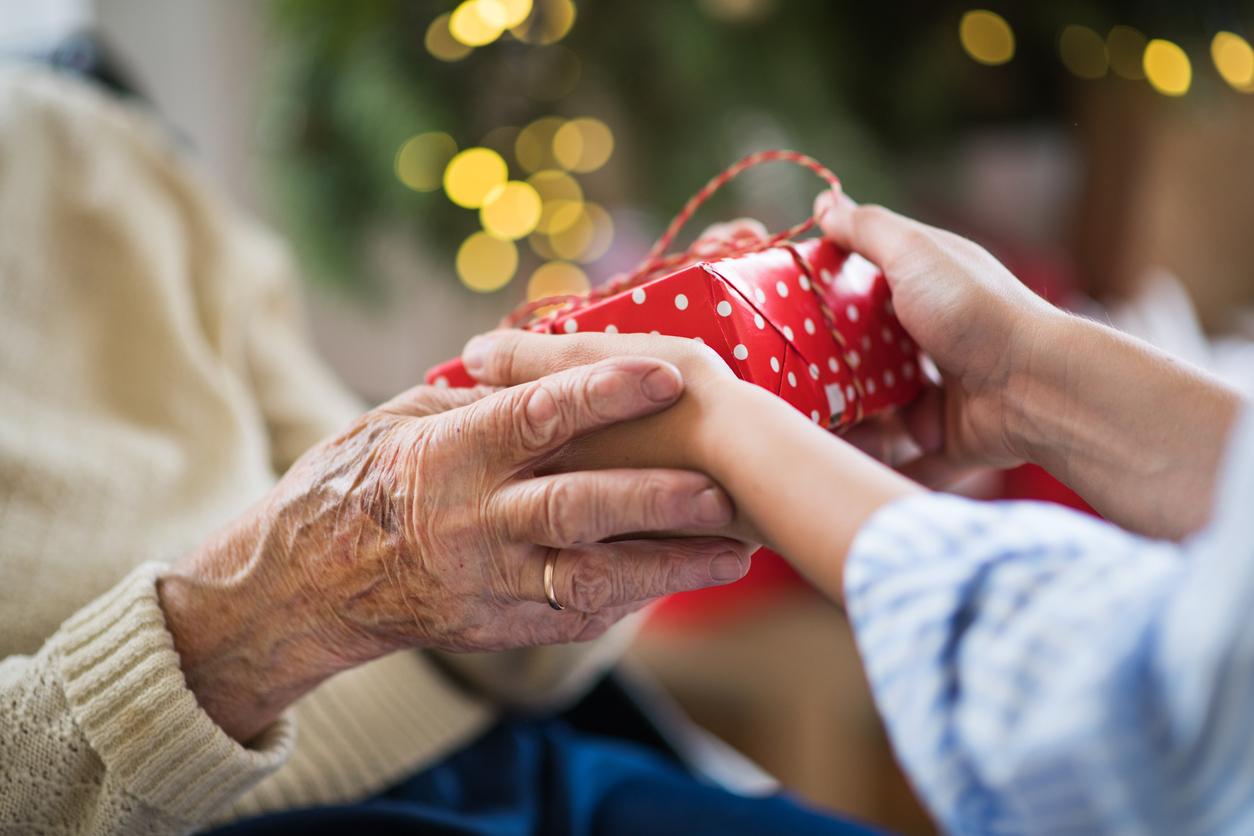If the holiday meals delight the taste buds and are an integral part of the tradition, they are sometimes also the source of a few extra pounds at the end of the year. To avoid seeing his hips grow visibly bigger, researchers at the UK’s National Institute for Health Research (NIHR) and the Universities of Birmingham and Loughborough (UK) conducted a trial to prevent participants gain weight during this time of year. In their study, named “Winter Weight Watch” and published in the British Medical Journal on December 10, they provide their advice and techniques to avoid overeating.
Weighs and advice
The 272 trial participants were randomly separated into two groups, the intervention group and the comparison group. People in the former were asked to weigh themselves at least twice a week, ideally every day, and to record their weights. They also received a list of ten tips on weight management, and a list of physical activities needed to burn calories from Christmas meals. For example, you have to walk 33 minutes to spend a small glass of mulled wine, they were told. The comparison group only received a brief leaflet with information on healthy lifestyles, not including dietary advice.
For two consecutive years, all participants were weighed and measured in November and December, followed by January and February. In the end, unlike those in the intervention group, the participants in the comparison group gained weight over Christmas. On average, subjects in the intervention group completed the study weighing an average of 0.49 kg less than those in the comparison group. Indeed, the researchers estimated that they were more able to restrict their intake in order to better control their weight.
Christmas dinner, up to 6,000 calories
“On Christmas Day alone, an individual can consume 6,000 calories, or three times the recommended daily allowance”, says study author Frances Mason on the University of Birmingham website. “On average, people gain a little weight of up to 1kg each year, and holidays like Christmas are responsible for most of these annual weight gains.”, adds her colleague Amanda Daley.
“Often the weight gained during the holidays is not lost afterwards and, although these gains are minimal, they would lead to a significant increase in body weight over ten years., she continues. Our research has shown that a brief intervention over the Christmas period can help prevent those small, accumulating weight gains that fuel the obesity epidemic. “
Read also :
- 10 tips for not gaining weight during the holidays
- How not to gain weight in winter
- After the holidays: how to get rid of extra pounds


















